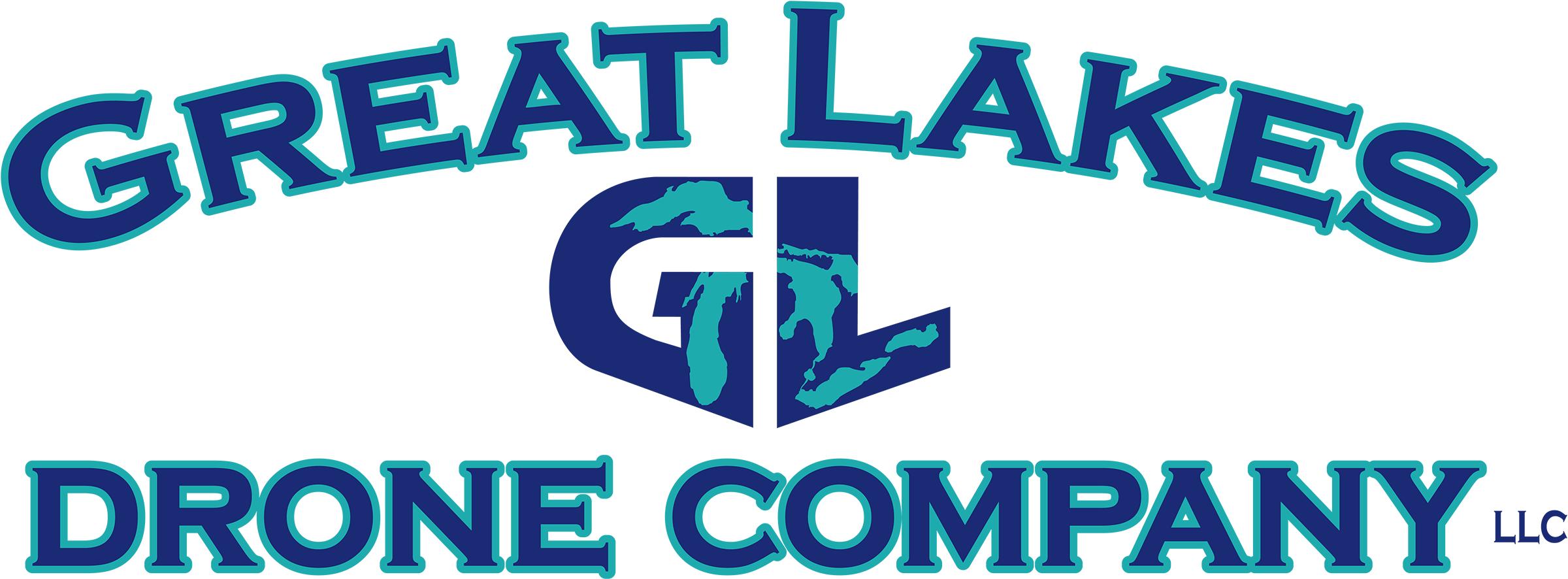The FAA predicts that there will be over 60,000 certified SAUS operators this year and some 1.3 million commercial drone pilots by the year 2020. There is no shortage of legitimate operators, but before you hire a drone pilot for your business needs, there are some important things you need to know and three vital questions you need to ask.
The new FAA Part 107 rule allows the commercial use of drones, but by law, any commercial SAUS operation in the national airspace requires a registered aircraft, a remote pilot certificate (FAA license) and only operation within non-restricted, Class G airspace; operations inside Class B, C or D airspace must obtain prior approval before the operation via a waiver application. Drones can only be operated during daylight, unless specific permission is granted under a waiver.
Six questions you must ask…
1: Is your drone registered? Please provide a copy of the registration. Just like automobiles must be registered and issued a license plate, every SAUS (over .55 lbs) must be registered with the FAA before flying, whether they are for commercial or recreational use. When registered, each individual aircraft is given a registration number that must be displayed on the aircraft (just like a license plate on your car).
2: Are you FAA certified to fly commercial operations? Please provide a copy of your remote pilot certificate (also referred to as drone pilot’s license). Currently there is no easy way to verify if somebody is a legitimate, FAA approved SAUS operator other than the actual certificate issued. It is incumbent upon you to verify the pilot’s credentials by asking for that documentation. Prior to Part 107 taking effect the FAA issued exemptions for commercial operators, so you might have a prospective contractor indicate they are covered under a 333 exemption, however I suggest that you only hire a remote pilot with an actual FAA certification as most insurance companies will only cover those who are fully FAA certified.
3: Do you have liability insurance? Please provide valid proof of insurance. You should only hire a drone operator who has liability insurance covering the specific operation you are contracting them for, and it is incumbent upon you to verify that. I cannot stress this enough! Accidents happen, even to the most careful and experienced drone pilots. Let’s say that you’re a real estate broker and contract an SUAS operator to film footage of a luxury listing; during the filming a sudden gust of wind causes a fly-away incident and the drone crashes into power lines, knocking out power to thousands of homes. Guess who could be legally liable for that, along with the drone operator? That’s right, YOU as the person who contracted the flight. In order to protect yourself, always ensure that the drone pilot has current insurance that covers your specific job and verify that with proof of insurance.
4. Can I see your prior work relevant to this project? Many professional drone operators have specific agreements with their clients over the data that they collect. Most of their work is never shared or publicized unless the client authorizes for public release or waivers shared rights to the imagery. Ask your potential provider what their policies are. Ask for references!
5. Ask to see their Policy Manual and an overview of the paperwork process. The FAA treats commercial drone operators as if they are an operating airline. If they can’t provide an Operations Manual, checklists, maintenance records or flight logs easily, then they probably aren’t the solid provider you want.
6. Do you have any waivers? The FAA approves waivers to allow access to specific airspace, flying at night, and many other aspects of operations. Very few services actually have waiver approvals and the ones that do gives you confidence of active involvement within the FAA regulatory system. Operators have official paperwork from the FAA that is available upon request for review, don’t be afraid to ask!
If you want the best, you need to know what questions to ask, and the answers you should expect. This is your money, your product, your data. Take the time to know what you should be getting. It could save you money in the long run!
You can find a summary of the FAA part 107 rules and operational guidelines online at the FAA website www.faa.gov.
